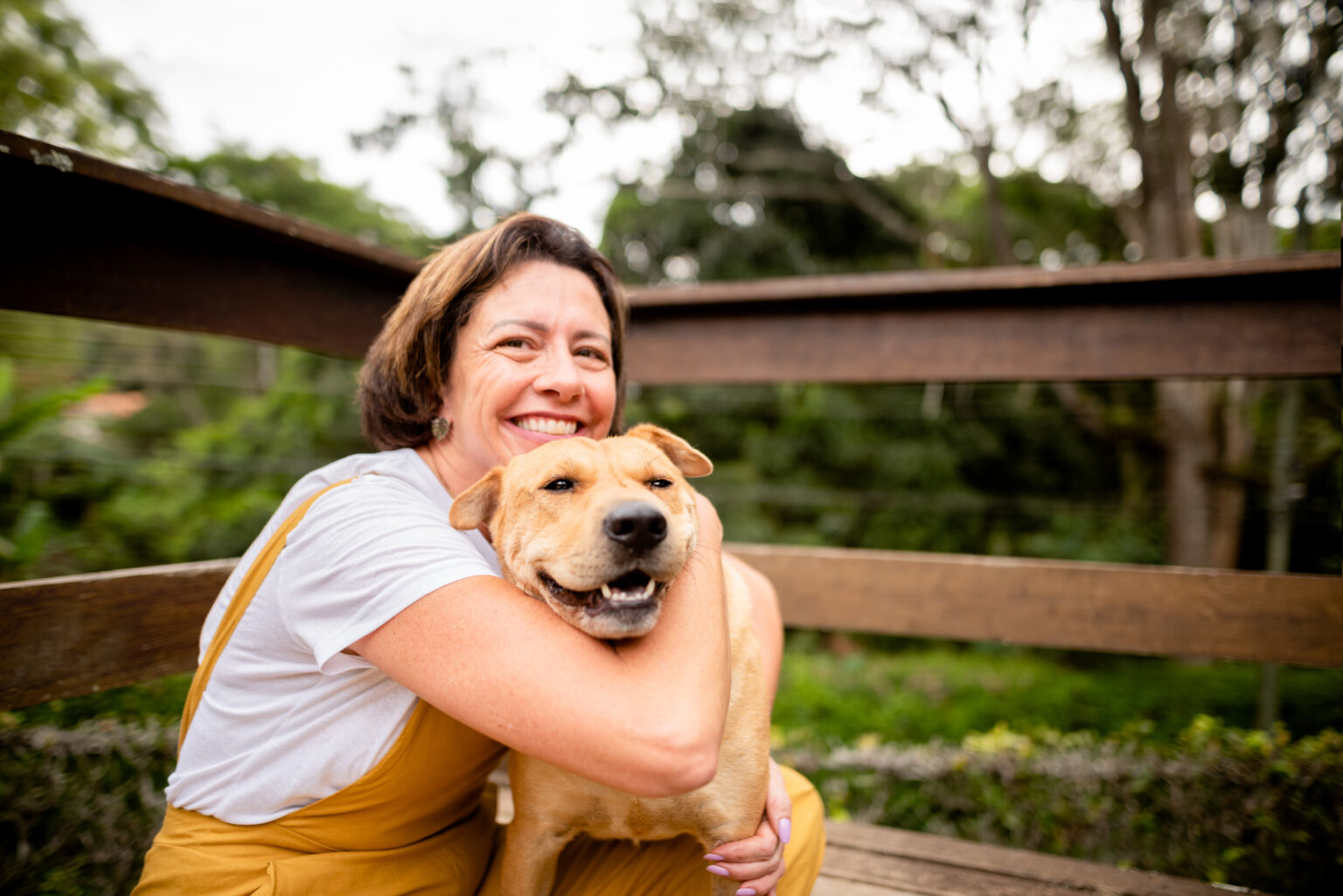This ongoing care is not just a follow-up – it’s an extension of care designed to help individuals maintain stability, manage stressors, and stay connected to their recovery goals.
Rather than letting someone navigate this transition alone, aftercare provides a continued framework for success. The purpose is to reduce the risk of relapse, encourage personal growth, and support healthier day-to-day habits over time.
Every aftercare plan looks a little different depending on the individual’s needs, but most programs include a blend of emotional, behavioral, and practical supports, such as:
Recovery is not a single event – it’s a long-term process, and each level of support should flow naturally into the next.
Addiction treatment aftercare is the final, ongoing stage in that continuum, ensuring that the structure and growth developed during treatment aren’t lost after treatment.
The stressors of post-treatment life – such as workplace demands, relational complexities, and environmental triggers – can feel significantly magnified without ongoing support.
Without the steadying influence of continued guidance, these challenges can become overwhelming, making sustained recovery a far more arduous and uncertain path.
Without a plan after treatment ends, even minor stressors can feel overwhelming to those in recovery.
Addiction treatment aftercare helps people:
The period right after treatment is a time of opportunity, but it also comes with many risks. Without continued support, individuals may feel lost, unsure of how to navigate their new life without the constant guidance of a treatment team.
Below are some of the most common – and essential – elements found in effective addiction treatment aftercare programs:
Regular therapy sessions can:
Connection is a powerful recovery tool. Aftercare often includes participation in peer-led support groups, such as:
Practical support is just as important as emotional support. Case managers and recovery coaches guide individuals through the logistics of life post-treatment.
They help create actionable goals and address common recovery-related needs, such as:
This structured guidance helps reduce stress during transition and keeps people focused on long-term recovery.
For many individuals, medication is a helpful tool that supports stability in early recovery. As part of a comprehensive addiction treatment aftercare plan, medication management ensures that prescriptions are used safely, consistently, and in ways that support long-term goals.
Some commonly prescribed medications in aftercare may include:
Ongoing medication support includes regular check-ins with a medical provider, dose adjustments as needed, and coordination with a person’s therapist or recovery coach. This collaborative approach ensures that medication works hand-in-hand with the rest of the aftercare plan – not in isolation.
These skills may include:
Mastering these areas helps individuals rebuild their lives with intention and stability.
A strong addiction treatment aftercare plan doesn’t happen by accident – it’s built with intention. The most effective addiction treatment aftercare plans are created before someone leaves formal treatment, with input from therapists, medical providers, and – most importantly – the individual in recovery.
This collaborative process helps identify what kind of support someone will need in the weeks and months ahead, and how that support can evolve as life changes.
Some ways to build an effective and holistic recovery plan include:
Aftercare planning should begin while someone is still in residential or outpatient treatment.
Early conversations before the program is over ensure there’s time to:
These steps create a smoother, safer transition into everyday life.
Long-term recovery depends on both emotional connection and routine. A well-rounded plan should outline who a person can turn to for support – and how they’ll stay grounded in day-to-day life.
Plans should reflect real life and ensure the individual has the care they require for realistic day-to-day needs.
No two recovery journeys look the same, and even the best-laid plans may need to shift. That’s why addiction treatment aftercare must be flexible. What works in the first month after treatment may need to be adjusted later on.
The goal isn’t to follow a rigid checklist – it’s to stay connected, accountable, and supported.
At Longview Recovery, addiction treatment aftercare isn’t an afterthought – it’s a core part of the recovery process. We believe that preparing for life after treatment begins from the moment a client walks through our doors.
This process may include:
We also make space for loved ones to be involved, when appropriate, so that everyone is aligned on what’s next.
We know that recovery looks different for everyone. Some clients need help finding housing or employment, while others may need medication management or support for a co-occurring mental health condition.
Rather than applying a one-size-fits-all model, we build addiction treatment aftercare plans around each person’s story, progress, and strengths.
Not only are we helping people find recovery, but at Longview Recovery, we are here to help our clients build a life with structure, purpose, and connection.
At our facilities in Santa Fe and Taos, we promote:
We encourage clients to stay engaged with the recovery community, long after formal treatment ends. Whether through alumni events, ongoing therapy, or a quick check-in, Longview Recovery remains a trusted partner in addiction treatment aftercare.
We recognize that the path to lasting sobriety is unique for everyone, which is why we provide a range of treatment options before aftercare becomes the focus.
Medical detox is often the crucial first step for individuals struggling with addiction. This process provides a safe and medically supervised environment to manage withdrawal symptoms as the body clears itself of drugs.
At Longview Recovery, our medical detox program prioritizes the comfort and safety of each individual. We offer:
Following the stabilization of detox, inpatient rehabilitation offers a more intensive and immersive treatment experience. This level of care provides a structured environment away from external triggers, allowing individuals to focus entirely on their recovery.
At Longview Recovery, our inpatient program typically includes:
Our IOP typically involves:
These levels of care at Longview Recovery are designed to provide a seamless transition through the recovery process, ensuring individuals arrive at addiction treatment aftercare as prepared as possible.
Finishing treatment is a major accomplishment, but it’s not the final step. It’s completely normal to need continued addiction treatment aftercare once formal treatment ends. In fact, it’s one of the most important ways to protect everything you’ve worked so hard for.
Long-term recovery doesn’t happen all at once. It’s built one choice at a time, with guidance, encouragement, and people in your corner.
One of the most powerful things you can do is ask for what you need. Aftercare isn’t a sign of weakness – it’s a sign that you’re committed to yourself, your relationships, and your future.
Whether you’re returning to work, rebuilding family dynamics, or navigating triggers in your community, addiction treatment aftercare offers real tools for real life.
At Longview Recovery, we’re committed to walking alongside you – not just during treatment, but through every stage of recovery. From detox to residential care to addiction treatment aftercare, our team helps you build a life that lasts.





